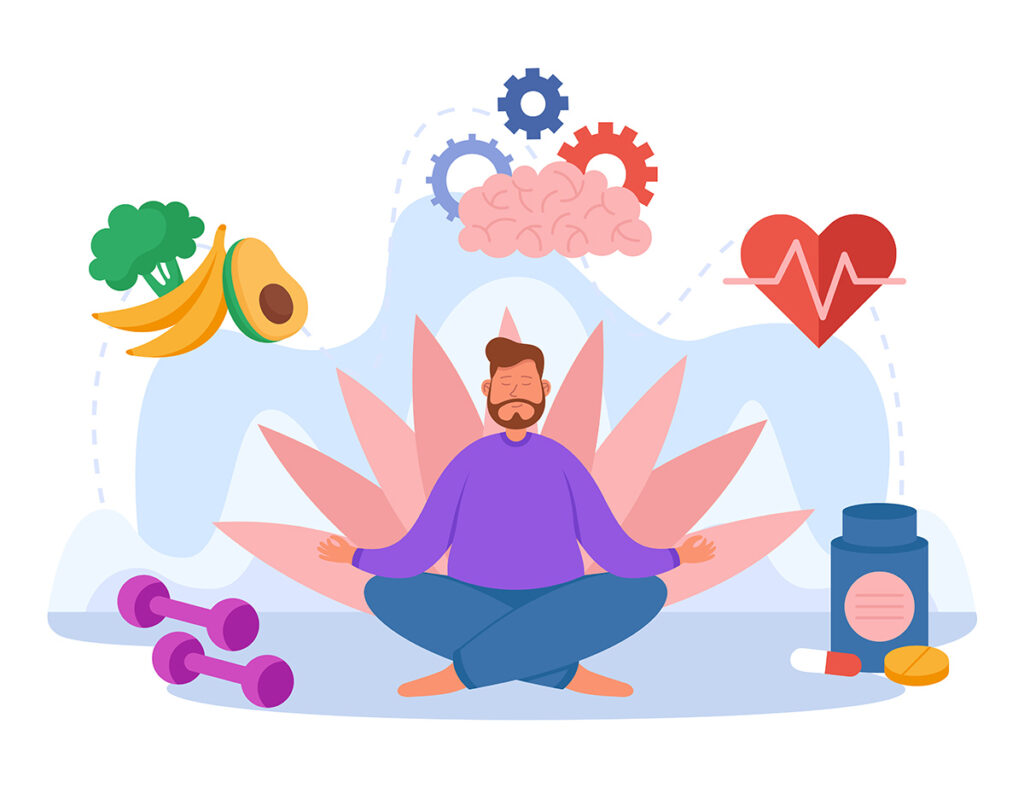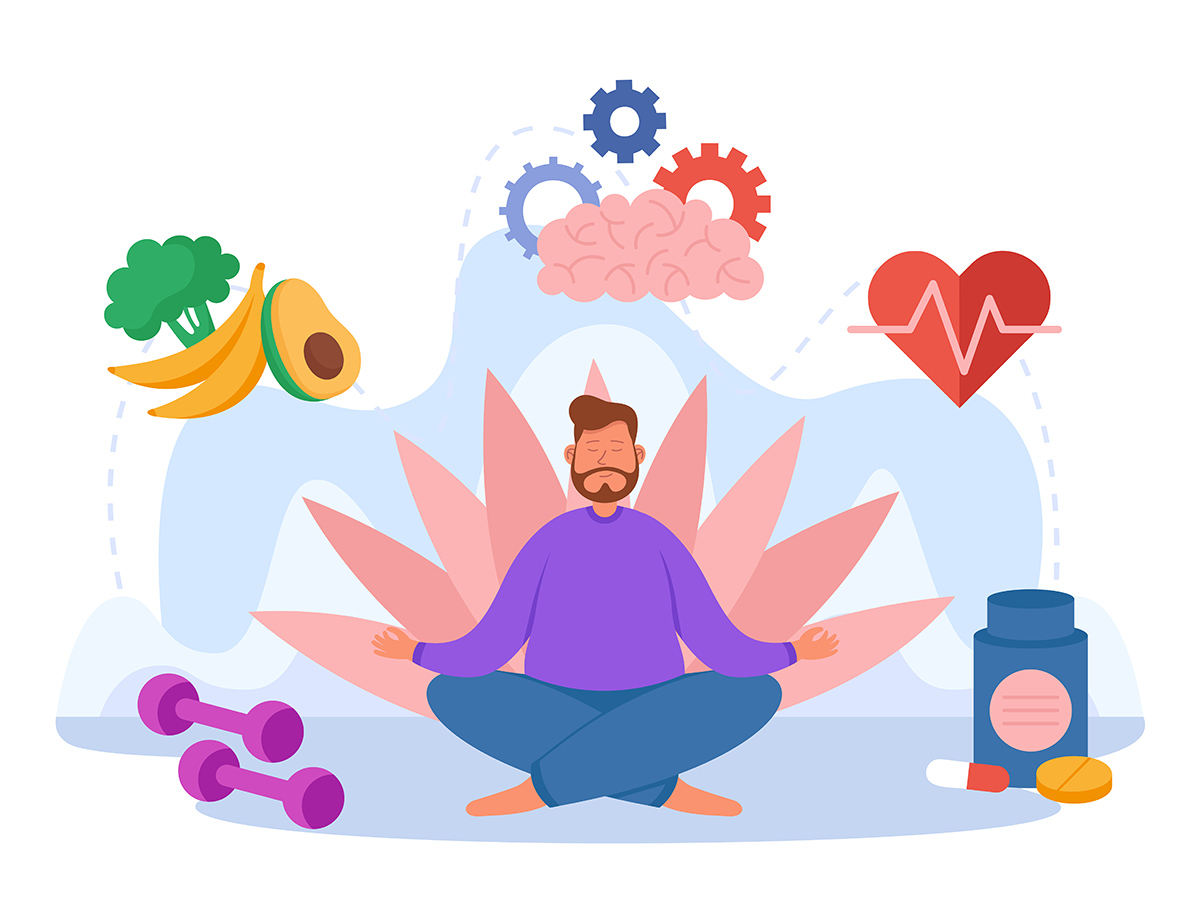Over the last few years, we have become more aware of natural methods to promote good health, which has become essential to us. While many doctors will merely provide you with a band-aid approach for treating disease, holistic practitioners will focus on the body as a whole.
Holistic healing is not intended to serve as a band-aid or a one-time fix. It is an ongoing journey in search of answers that ultimately will lead to living better, feeling better, and seeking to live an authentic life free from pain and sickness.
What does Holistic mean?
The word Holistic or Wholistic is interchangeable with the words natural, alternative, and complementary, otherwise referring to anything but western medicine. Holistic refers to understanding the relationship between all systems within the body, integrating methods for social, mental, and physical problems one may be experiencing.
A Holistic approach is a method of seeking care for imbalances and choosing to live a more balanced lifestyle that is essential to prevent illnesses and focus on creating long-term solutions to ultimate health.
What is the difference between a holistic-alternative medicine program and allopathic medicine (i.e., traditional doctor)?
Unlike allopathic (Western) medicine, holistic healing is that physical health should not always be the primary focus. However, it is often the experience of prolonged pain and physical discomfort that will first lead a person to pursue holistic healing.
Holistic approaches focus on addressing the entire body as a whole. In Allopathic medicine, healthcare professionals look at symptoms that are currently happening within the body and treat each symptom individually with pharmaceuticals and surgery. Holistic programs often complement western medicine with diet changes, enzymes, herbs, and homeopathic remedies.
Holistic healing is not an alternative to conventional medical care. Sometimes going to a medical professional is the best solution to addressing one’s illness.

Person practicing yoga, mental and body wellness. Healing male character from stress with zen exercises, medication and diet flat vector illustration. Healthy lifestyle, alternative treatment concept
How do holistic programs work?
Holistic programs start with an initial visit where the practitioner will ask in-depth questions ranging from health as a child, adolescent, or young adult and what problems you are currently experiencing—diving deeper into questions on stress levels, sleep, and eating habits.
Holistic approaches are a team effort between you and your practitioner working to help your overall well-being, not just a temporary fix.
A holistic approach focuses on the underlying symptom of a bigger problem that needs addressing. For example, if you are experiencing a lack of motivation and energy, the immediate thought is more caffeine or take a nap; this is not a solution. Lack of energy and motivation could be caused by anxiety, depression, sleep deprivation, under or overactive thyroid, to name a few. A holistic practitioner will appraise the problem searching for the underlying cause.
How do you prepare for a natural holistic program?
Upon the first visit with a holistic provider, ask yourself am I ready for a change? Do I really want to see changes in my overall health that may impact my diet, exercise routine, sleep, emotional state, and much more? Being honest with yourself and your practitioner is vital, as holistic approaches focus on understanding you as a whole person, not just your ailment.
What is expected from the client throughout the program?
- Holistic medicine is a way of life, and it requires honesty when discussing your life in-depth with a holistic practitioner, but it takes effort on your part.
- It takes time to see progress, so we are often accustomed to taking a prescription and getting some sort of relief or masking symptoms. With a holistic program, it takes time to clear the body of toxins, relief won’t always be immediate, but it will come in time.
- Upkeep is needed; with holistic programs, the goal is to stay ahead of any issues your body might encounter, which means a continuous relationship with your practitioner not just to get your body healthy but keep it that way.
- Health issues are handled in layers; think of it like the layers of an onion. Working with a practitioner, you will run scans and tests to determine which areas are most critical. Once addressing those, you’ll likely do another scan to see how your body reacted and what is surfacing next. This approach allows you to focus on pressing issues but on a schedule and budget that works best for you.
Remember your provider may recommend diet changes, exercise programs, and natural supplements for you to take. You and only you can make the necessary lifestyle changes to improve your health!
Brenda prides herself in partnering with you as you journey to your authentic health.
For more information contact Brenda Baker [email protected] or schedule a free 20 minute phone consultation at authentichealthsc.com or email Brenda directly.






